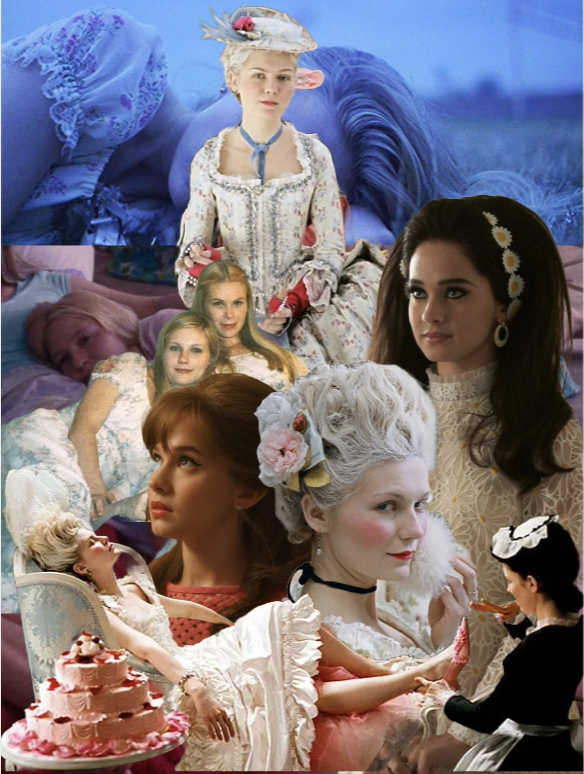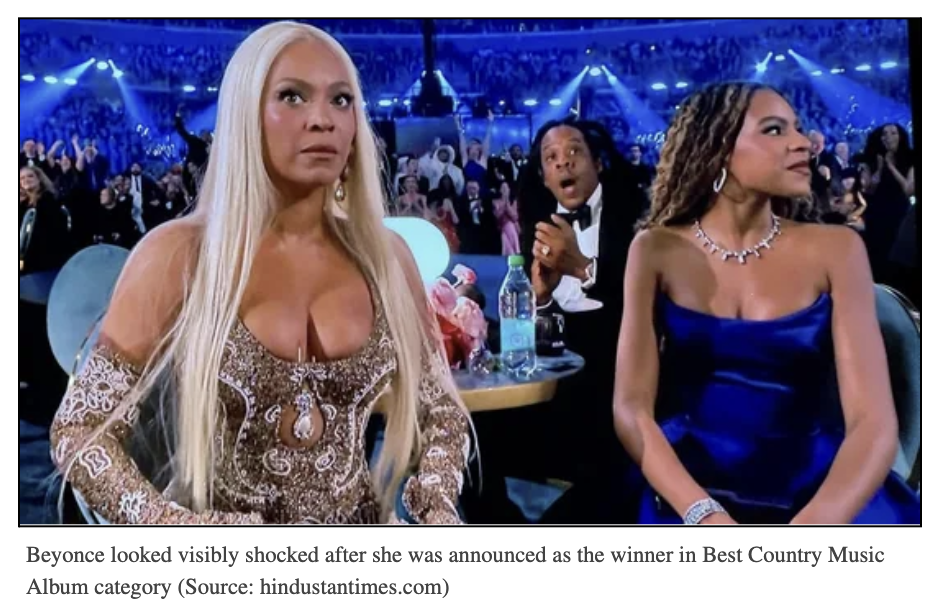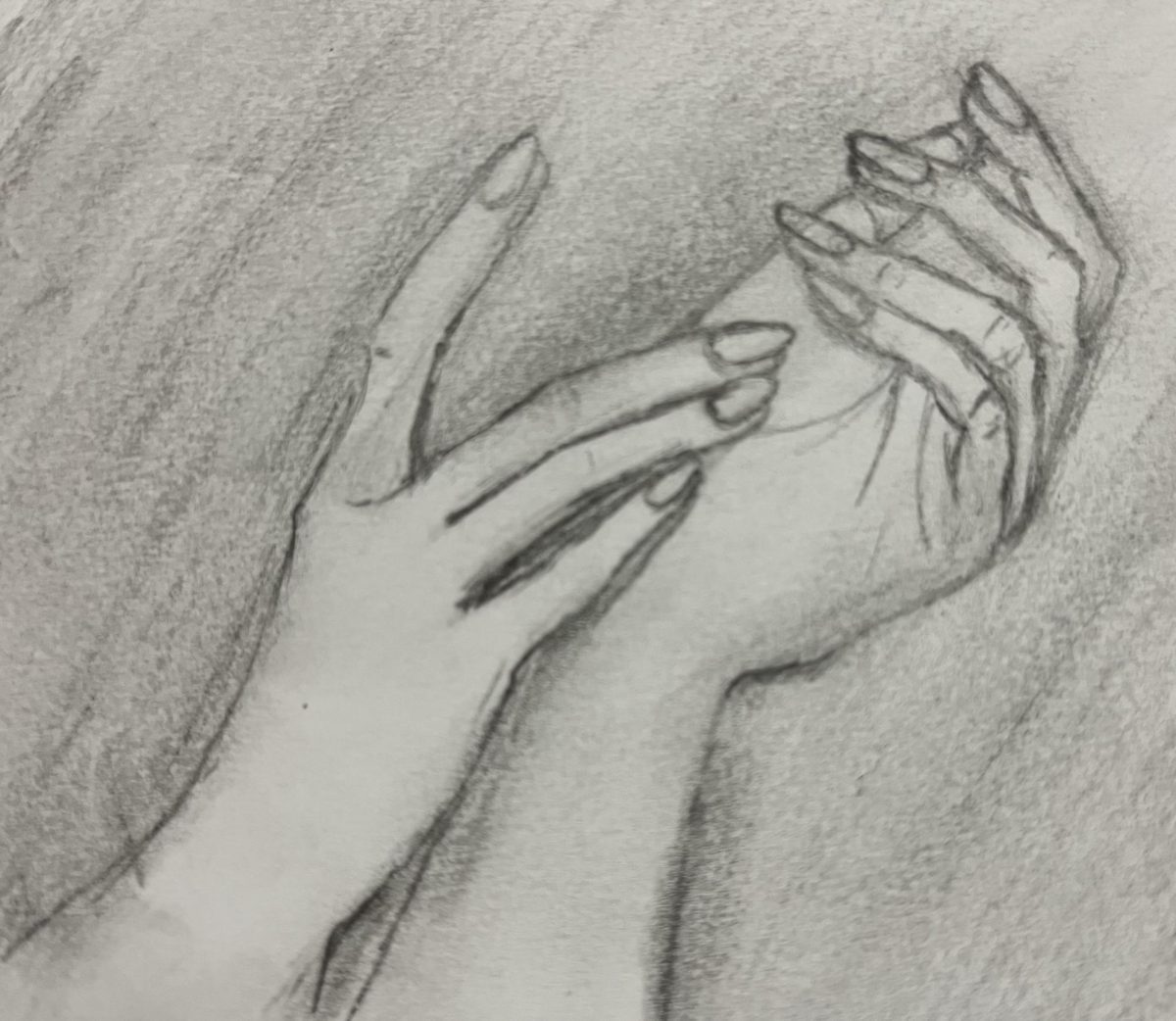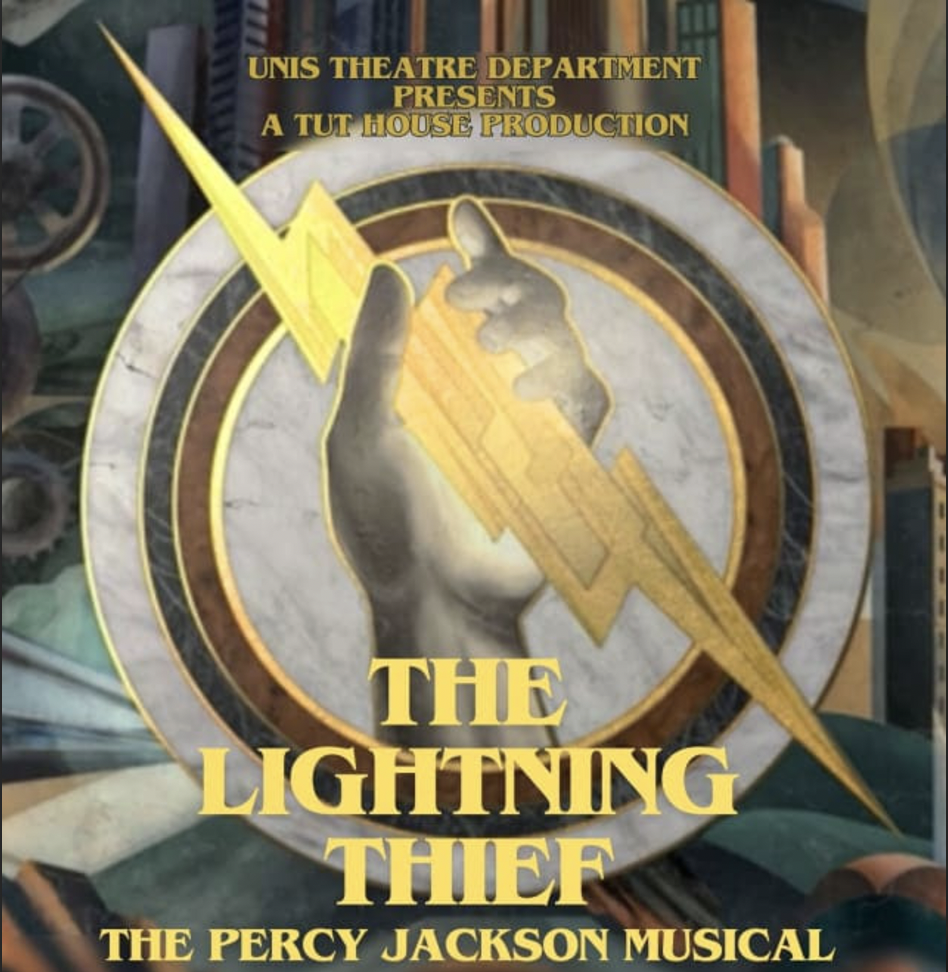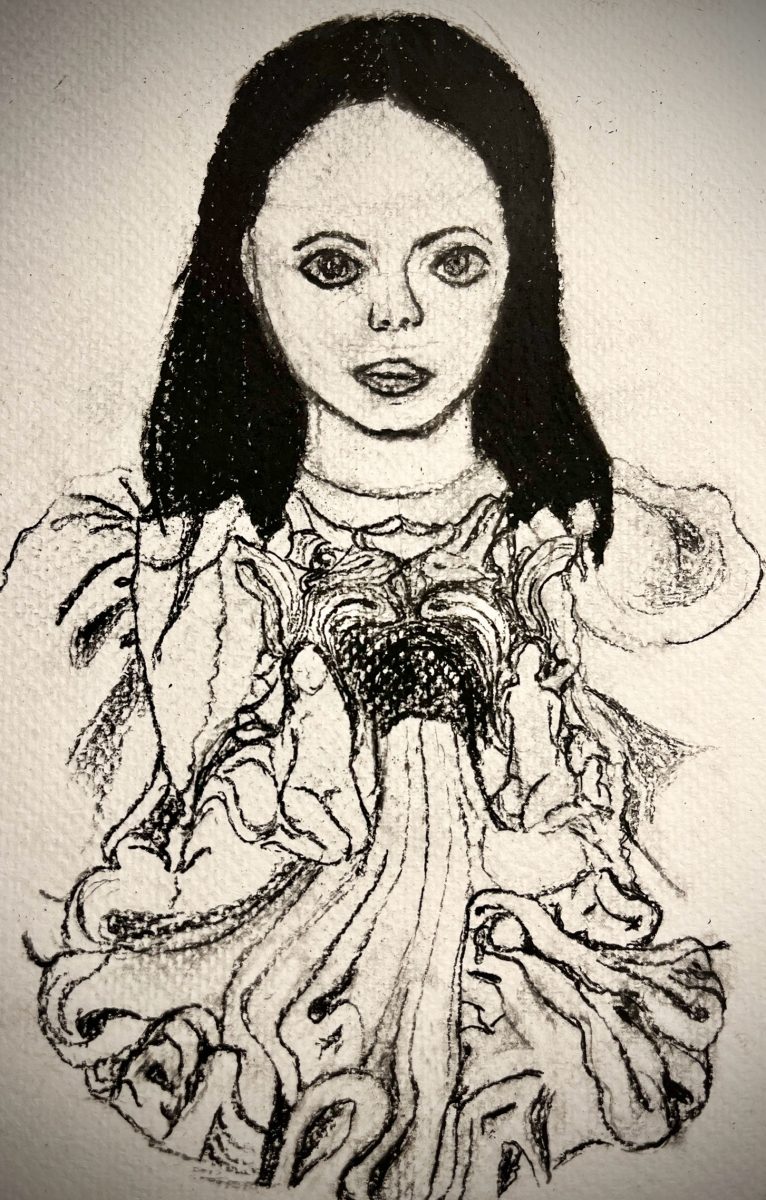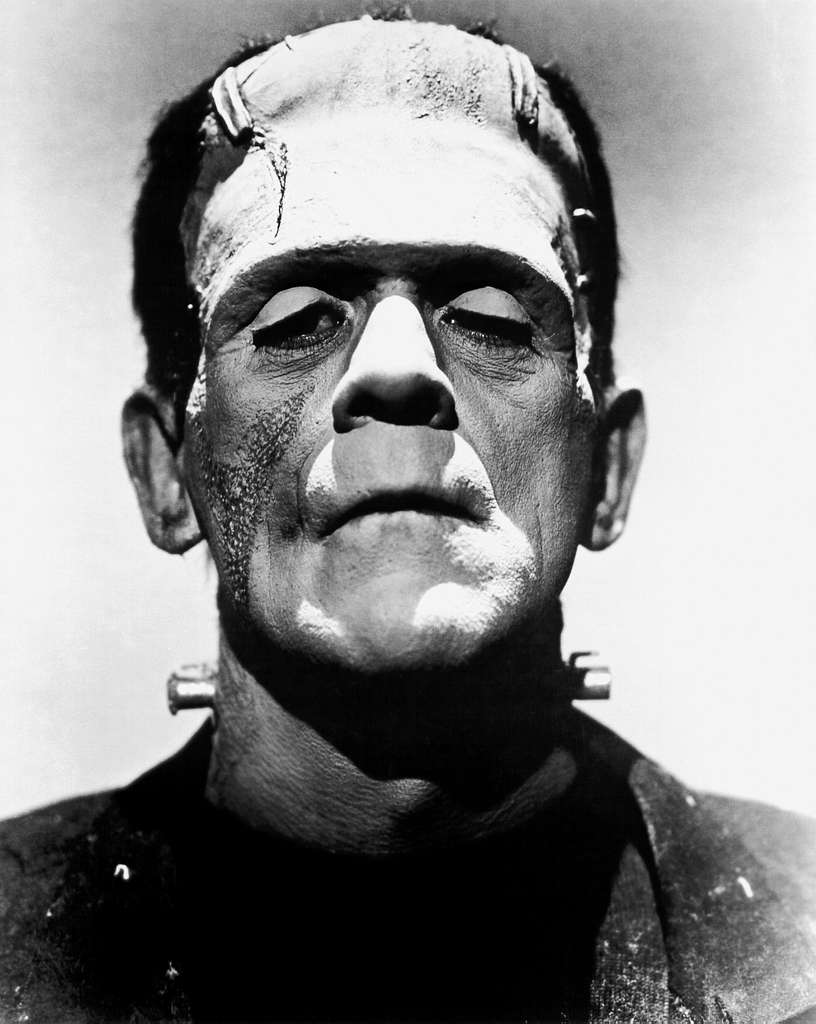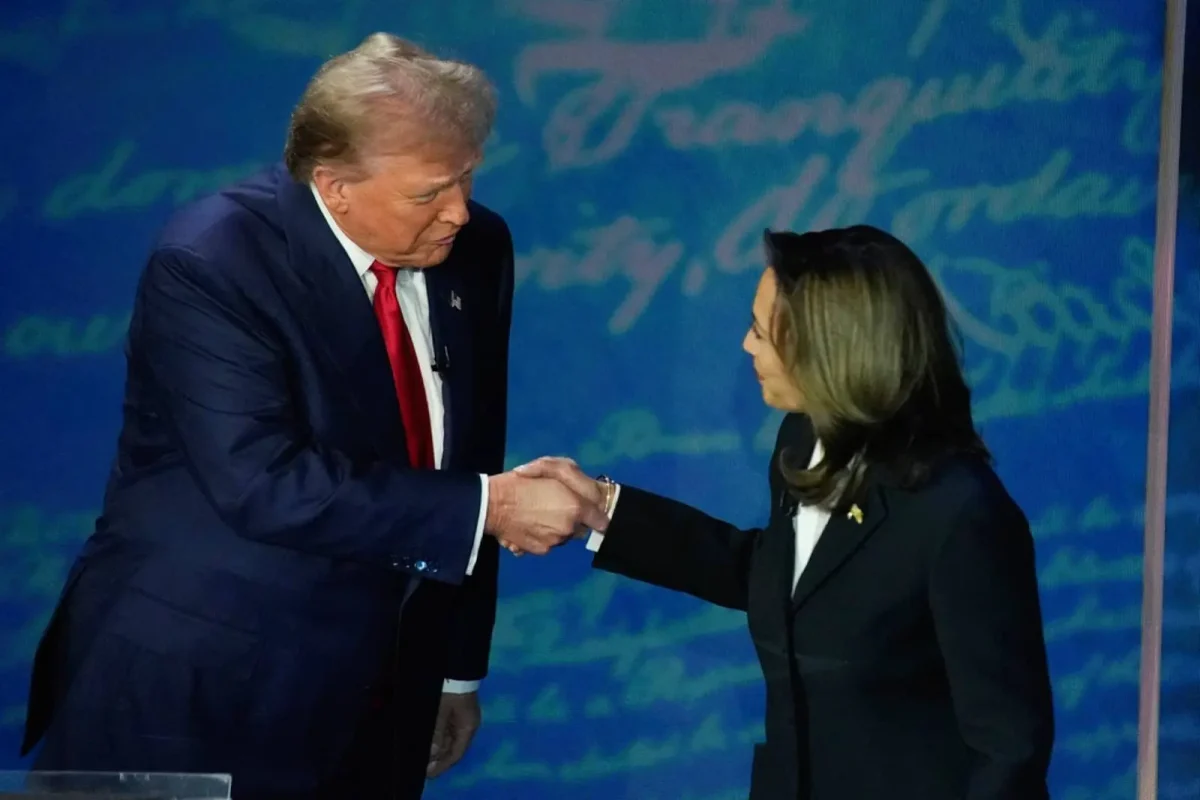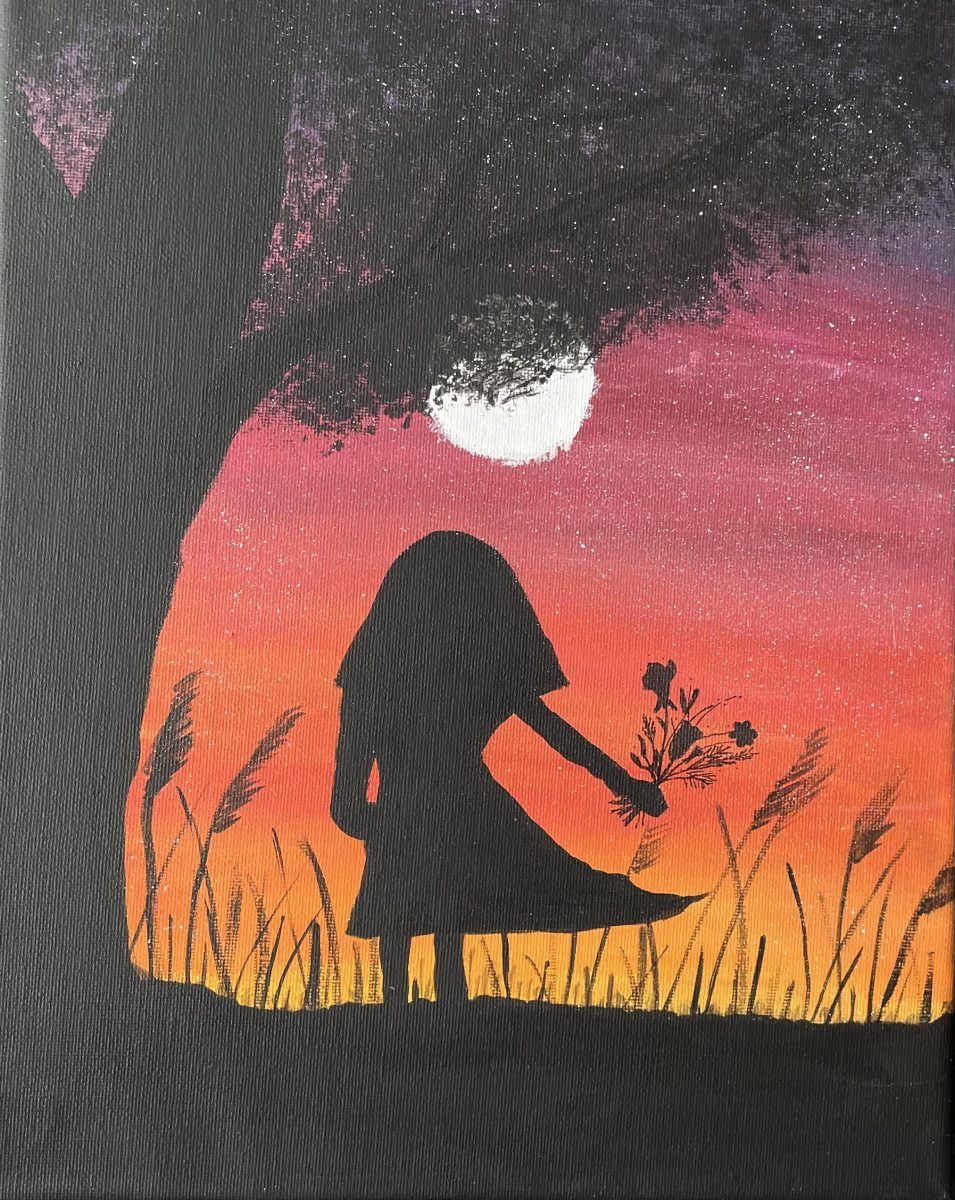Since Hollywood’s inception in 1887, cinema has often been dominated by men: both in front of and behind the camera. Consequently, for decades, films have lacked the female perspective, and male views have largely shaped the narratives and characters that we, as audiences, typically see on screen. These influences have therefore influenced the way women are depicted in film, as a product of the male gaze. Hollywood continues to present women as characters who are largely unimportant, aside from their impact on the protagonist—who, more often than not, is a man. While films from recent years feature an increase in the representation of women in film, these are still typically directed by men and therefore continue to perpetuate conventional stereotypes about women.
This is precisely why films directed by women such as Sofia Coppola have become so important; her movies are some of the few that counter the patriarchal portrayals of women that have long dominated Hollywood. For girls, her work feels like a breath of fresh air: particularly because it accurately features and develops the challenges, goals, and intricacies of female protagonists.

Born the daughter of renowned filmmaker Francis Ford Coppola, Sofia Coppola’s introduction to Hollywood was as an infant in The Godfather. She continued to act throughout most of her teenage years, however, many of her early experiences in the industry were challenging and her roles often garnered lots of negative criticism. Coppola later turned to directing and quickly redeemed herself with her directorial debut, The Virgin Suicides.
Today, at 52 years old, Coppola is known to many as one of the preeminent female figures in the film industry, particularly for her roles as a producer, screenwriter, and director of several critically acclaimed films. Her work has earned her numerous awards, including three of the most prestigious film awards: the Academy Awards, Golden Globes, and Emmys. She was often one of the youngest nominees or the first woman to receive nominations for these prestigious awards.
However, what makes Coppola’s films so distinct in their portrayal of women is not just her focus on female protagonists, but the way she uses visuals and color to convey their thoughts and emotions. For those familiar with Coppola’s work, her signature style is unmistakable: soft lighting, ethereal pallets, and languid pacing. However, reducing Coppola’s films to just aesthetics is unfair, to both herself and her audience, as these elements are not just stylistic choices but are deeply intertwined with her characters. Her directorial choices allow her to create a special atmosphere that draws viewers into her protagonists’ emotional worlds and transforms seemingly ordinary moments into reflections of the female experience. She does so with a depth and seriousness rarely seen in male-dominated cinema.
 This distinctive approach shapes the way Coppola’s camera portrays women on screen, establishing what many have labeled the “female gaze” in Coppola’s work. Unlike the traditional male gaze, which often objectifies women for the benefit of male characters in the story or the male viewer, Coppola humanizes her characters and allows them to exist beyond their relationships with men.
This distinctive approach shapes the way Coppola’s camera portrays women on screen, establishing what many have labeled the “female gaze” in Coppola’s work. Unlike the traditional male gaze, which often objectifies women for the benefit of male characters in the story or the male viewer, Coppola humanizes her characters and allows them to exist beyond their relationships with men.
Whether it be Priscilla Presley in Priscilla, or Marie Antoinette in Marie Antoinette, Coppola’s characters challenge traditional portrayals of women. They aren’t reduced to stereotypical or secondary roles, and they aren’t dependent or foolish. Instead, they are complex, vivacious, bold, and human. Perhaps this is why many of them go on to become iconic heroines, resonating with audiences even years after their films’ release.
 Sofia Coppola’s impact on the film industry extends far beyond her impressive collection of awards and praise. Her work has consistently challenged many of Hollywood’s unfair stereotypes regarding women and has truly revised how stories and characters centering around women should be told. Today, Coppola’s legacy lies not just in the remarkable films she has created or the characters she has developed, but in the doors she has helped open for women in cinema. Coppola has helped carve out a space within Hollywood where future generations of female filmmakers can thrive.
Sofia Coppola’s impact on the film industry extends far beyond her impressive collection of awards and praise. Her work has consistently challenged many of Hollywood’s unfair stereotypes regarding women and has truly revised how stories and characters centering around women should be told. Today, Coppola’s legacy lies not just in the remarkable films she has created or the characters she has developed, but in the doors she has helped open for women in cinema. Coppola has helped carve out a space within Hollywood where future generations of female filmmakers can thrive.



